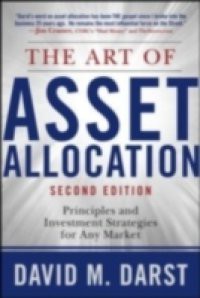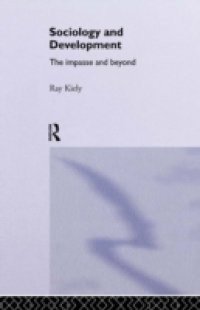Stephan E. C. Wendehorst explores the relationship between British Jewry and Zionism from 1936 to 1956, a crucial period in modern Jewish history encompassing both the shoah and the establishment of the State of Israel. He attempts to provide an answer to what, at first sight, appears to be a contradiction: the undoubted prominence of Zionism among British Jews on the one hand, and its diverse expressions, ranging from aliyah to making a donation to a Zionist fund,on the other. Wendehorst argues that the ascendancy of Zionism in British Jewry is best understood as a particularly complex, but not untypical, variant of the 19th and 20th century's trend to re-imagine communities in a national key. He examines the relationship between British Jewry and Zionism on three levels: the transnational Jewish sphere of interaction, the British Jewish community, and the place of the Jewish community in British state and society. The introduction adapts theories of nationalism so as to provide a framework of analysis for Diaspora Zionism. Chapter one addresses the question of why British Jews became Zionists, chapter two how the various quarters of British Jewry related to the Zionist project in the Middle East, chapter three Zionist nation-building in Britain and chapter four the impact of Zionism on Jewish relations with the larger society. The conclusion modifies the original argument by emphasising the impact thatthe specific fabric of British state and society, in particular the Empire, had on British Zionism.




 2 (4)
2 (4) 














